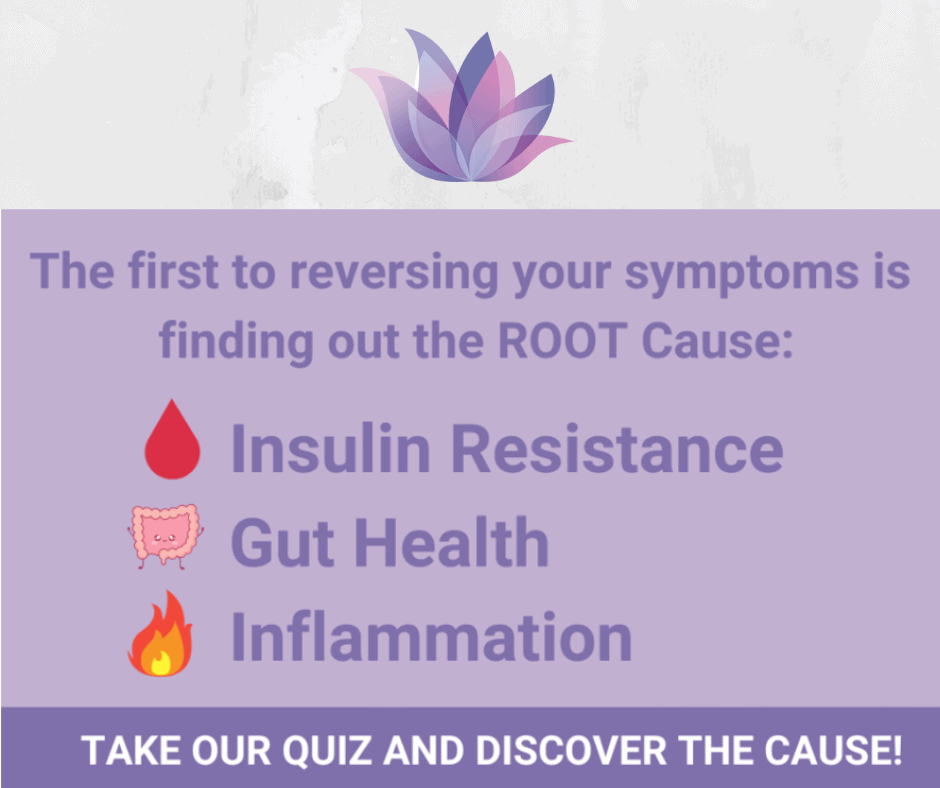Raise your hand if you reach for a cup of coffee in the morning! If you’re like most, coffee gets you going in the morning, keeps you company on your commute, is in hand in the office, and provides that afternoon boost. I have been a long-time consumer of coffee (hello medical school) and have to admit I love the smell.
What Is In Coffee?
Coffee contains a variety of compounds, so let’s look at what is in coffee.
- Caffeine is the active component of coffee. It is a stimulant and the most popular stimulant consumed in the US. It is not only found in coffee but also in tea, chocolate, soft drinks, and energy drinks.
- Acids like chlorogenic acid. Depending on the type of brew and beans used.
- Antioxidants and essential vitamins and minerals such as vitamins B2 and B3, folate, manganese, magnesium, and phosphorus.
Because everybody is unique, let’s look at the pros and cons of coffee on your hormones.
PROS OF COFFEE
May protect you against chronic diseases. It may decrease your risk for Type 2 Diabetes. This is good news if you have PCOS as you are at a higher risk of diabetes due to PCOS.
It also increases SHBG (the protein) that binds up excess testosterone floating in the blood. Therefore decreasing symptoms or signs of hirsutism.
May combat depression. Chronic caffeine intake increases serotonin (happy hormone) receptors and works on the limbic system to elevate your mood.
Can improve energy levels so you are less tired. It is a stimulant due to the most active ingredient, caffeine. When you have caffeine in your blood, it blocks the inhibitory neurotransmitter adenosine. The other neurotransmitters in your brain are able to then get your nerves going uninhibited. This can lead to more energy and a higher performance level both physically and mentally.
Can help you burn fat. Caffeine has been shown in studies to boost your metabolic rate and therefore can increase fat burning. Sometimes up to 29% in lean people. But do not take a supplement with caffeine as a weight loss option, they typically contain a lot of other harmful chemicals. Especially “energy shots” or energy drinks”
There are essential nutrients. One cup of coffee can contain vitamin B2, B5, potassium, and magnesium, and niacin. These antioxidants and polyphenols have been linked to lower rates of Alzheimer’s and some cancers.
While there are studies that show the health benefits of moderate coffee consumption, there is also evidence linking coffee consumption to some hormone havoc.
CONS OF COFFEE
A 2016 study published in “Fertility and Sterility” found that drinking three or more caffeinated beverages a day raised the risk of early pregnancy loss by 74 percent. The study showed the same risk of whether women consumed caffeine before or after conception. In men, preconception caffeine use raises rates of miscarriage.
The impact on fertility is more complicated. There are some studies that indicate more than 200mg of caffeine can cause infertility but that data is not consistently replicated. Women with PCOS have a high rate of infertility so it is something to keep in mind. Most fertility experts recommend keeping your caffeine intake below 300mg a day.
Caffeine disturbs hormonal functionality for 24 hours.
The caffeine in coffee (and tea, and other beverages) decreases insulin sensitivity and increases stress hormone levels in the blood. Drinking a cup of coffee is an acute stress reaction (cortisol levels increase). While this can help you study for your test, chronic stress leads to an increase in inflammation and adrenal fatigue. PCOS women are at a higher risk of adrenal fatigue due to a dysfunction in the HPA axis.
Caffeine is broken down in the liver by the CYP1A2 enzyme. Interestingly, only ten percent of the population makes enough of this enzyme to break down significant amounts of caffeine. The CYP1A2 enzyme is also responsible for breaking down estrogen. It’s possible that in some women, consuming caffeine may interfere with the enzyme CYP1A2 and impact estrogen metabolism (which can lead to estrogen dominance and a host of hormonal imbalance!).
If the liver is trying to metabolize artificial hormones, it can be a traffic jam to metabolize caffeine as well. Slow metabolizers of caffeine also have an increased risk of cardiovascular disease (which is the number 1 killer of women in the United States.) Reducing caffeine consumption may reduce health risks more in women who have impaired CYP1A2 function.
Is Coffee Bad For PCOS?
What do you think? How does coffee make you feel? Happy, jittery, tired?
I think it is up to you to decide what is right for you. For me, I have decreased my caffeine to one cup a day (8 oz). And I now enjoy a nice mushroom coffee at lunch instead. My brain thinks it is my afternoon coffee but it is full of adaptogens to keep me going. For some cool recipes with my favorite mushroom coffee, click here.
If you want to quit or cut down on coffee, here are a few tips.
- Stop adding flavor syrups, sugar, and cream to your coffee. The addition of sugar can make the coffee more addictive to you.
- Try dandelion tea, it tastes like coffee and will help your liver with detoxification.
- Half caffeine, half decaf. Cut your regular coffee with decaf.
- Eat! Help stabilize your energy by focusing on good nutrition. Balanced blood sugar and a healthy diet offer sustained energy that supports your health.
- Try switching to mushroom coffee, you will get your adaptogens to balance your hormones.




